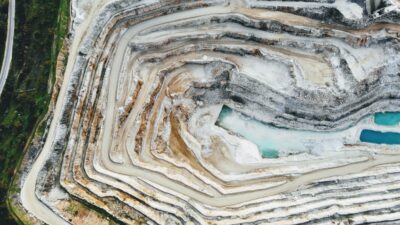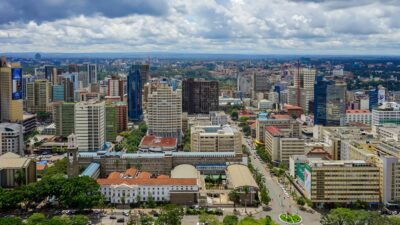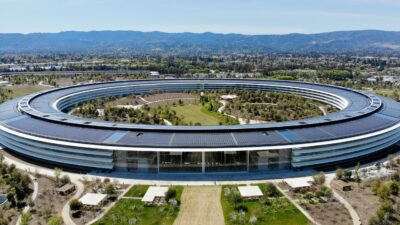What are megatrends?
When you see a news story about a new app sweeping the world, when the changing weather alters your insurance risk, or when you use your phone to do business in Southeast Asia – you are experiencing the impact of this century’s megatrends.
Megatrends are large, transformative processes with global reach, broad scope, and dramatic impact.
Companies, governments, and individuals use megatrends for long term planning, policy development, and even for making personal decisions.
The term megatrends was popularised by John Naisbitt, who in 1982 identified forces that were transitioning the world from an industrial society to an information society.
These are our six megatrends for the 21st Century:
- Impactful technology
- Accelerating individualisation
- Demographic change
- Rapid urbanisation
- Climate and resource security
- Economic power shift
Short-lived shocks like a pandemic or regional conflicts, while dramatic in nature, are not megatrends. Things like the metaverse, the gender pay gap, or even smart cities are not megatrends – although they may be part of a wider megatrend.
Nor are megatrends aspirational targets, like the UN’s Sustainable Development Goals. However, understanding the six megatrends is necessary to achieve the SDGs.
Megatrends are the fundamental forces shaping our world.
Understanding them can also inform long term strategic thinking, helping us to make better decisions for the future, today.
As individuals, megatrends can also help us to make better personal choices about where to live, how to invest, or even what career to pursue.
The six megatrends of the 21st Century are already underway.
We believe in open and honest access to knowledge.
We use a Creative Commons Attribution NoDerivatives licence for our articles and podcasts, so you can republish them for free, online or in print.

























